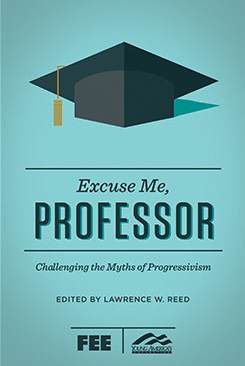There Is Only One Libertarian Position on Immigration
by Jacob G. Hornberger, August 25, 2015 [excerpted from column 8/25/15]
 Editor’s Note: This is a refreshing principled articulation of the libertarian nonaggression principle applied to national borders. And I agree with it in principle. To use an analogy, forced government retirement programs e.g. Social Security—just as closed borders—are a violation of the nonaggression principle, and must be stopped; the real question in both cases is how. IMHO, Jacob underrates the cultural inundation factor, especially wrt public property such as schools and roads. Also, nobody is sanctioning government-mandated immigration—such as the US creating 10s of thousands of refugees by its support of the Greater Israel Project, then foisting them en masse on American communities.
Editor’s Note: This is a refreshing principled articulation of the libertarian nonaggression principle applied to national borders. And I agree with it in principle. To use an analogy, forced government retirement programs e.g. Social Security—just as closed borders—are a violation of the nonaggression principle, and must be stopped; the real question in both cases is how. IMHO, Jacob underrates the cultural inundation factor, especially wrt public property such as schools and roads. Also, nobody is sanctioning government-mandated immigration—such as the US creating 10s of thousands of refugees by its support of the Greater Israel Project, then foisting them en masse on American communities.
There is a common perception that there are two alternative libertarian positions on immigration: government-controlled borders and open borders.
Nothing could be further from the truth. There is only one libertarian position on immigration, and that position is open immigration or open borders.
After all, government-controlled borders and open borders are opposite positions. How could opposite positions on immigration both be consistent with libertarianism? That’s just not possible. One is consistent with libertarian principles and the other isn’t. If a position that purports to be libertarian isn’t consistent with libertarian principles, then as Ayn Rand would have said, “Check your premises.”
Why do many libertarians believe in government-controlled borders and oppose open borders?
For the same reason that there are many libertarians who believe in the national-security state, an enormous standing army, and selective foreign interventionism: they came into the libertarian movement as conservatives, owing primarily to an attraction to libertarian free-market economic principles, but unfortunately have been unable to let go of their conservative views on immigration (as well, for some, on foreign policy and other issues). Continue reading

